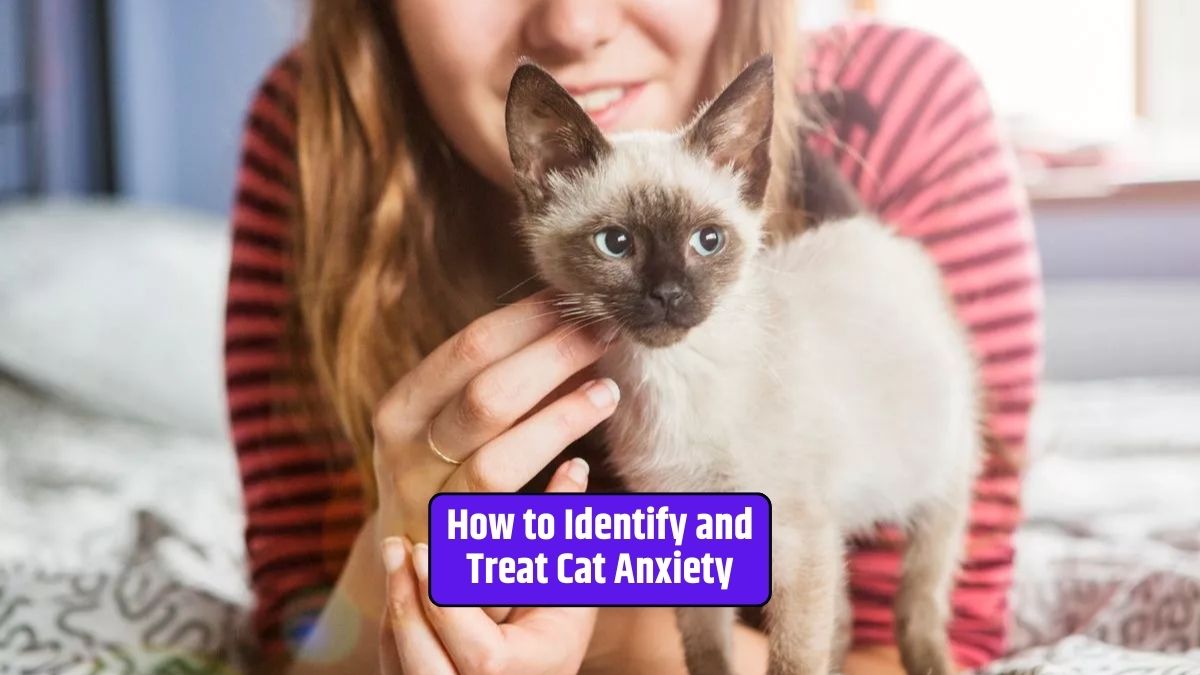Cats have an incredible ability to touch our hearts and provide comfort in times of need. Many of us have experienced the soothing presence of a purring cat during moments of stress or anxiety.
In this article, we explore what makes a cat an emotional support animal (ESA), how they offer emotional support, and the benefits of having a feline companion as an ESA.
- 1 Emotional Support
- 2 Role of Cats as ESAs
- 3 Benefits
- 4 Conclusion
- 5 FAQs
- 5.1 Can any cat be registered as an emotional support animal?
- 5.2 How can I register my cat as an emotional support animal?
- 5.3 Are there specific breeds of cats that are better as emotional support animals?
- 5.4 Can a cat serve as an ESA for children with emotional challenges?
- 5.5 Are ESAs only for people with severe mental health conditions?
Emotional Support
Emotional support animals are pets that offer companionship and emotional support to individuals dealing with mental health challenges.
They are not service animals trained to perform specific tasks but instead provide comfort through their presence. Cats can be registered as ESAs, and their role in supporting emotional well-being is remarkable.
Role of Cats as ESAs
Cats, with their independent yet affectionate nature, can excel in their role as emotional support animals. Here’s what makes them ideal:
Calming Presence
Cats have a unique ability to create a calm and serene atmosphere. The rhythmic sound of their purring has been scientifically shown to reduce stress and anxiety in humans.
Unconditional Love
Cats offer a non-judgmental, unconditional love that can be profoundly reassuring for individuals struggling with mental health issues. Their affectionate behaviors, such as cuddling or nuzzling, can be incredibly comforting.
Routine and Responsibility
Caring for a cat as an ESA provides a sense of routine and responsibility. The daily tasks of feeding, grooming, and playtime can help individuals establish structure in their lives.
Social Interaction
Cats are social animals, and their desire for attention and interaction can help their owners combat loneliness and withdrawal. Engaging with a cat can promote social interaction and reduce feelings of isolation.
Benefits
The advantages of having a cat as an emotional support animal are manifold:
Reduced Anxiety
The mere presence of a cat can have a soothing effect, reducing anxiety levels and helping individuals manage their emotions.
Enhanced Mood
Cats’ playful antics and affectionate behavior can elevate one’s mood, providing moments of joy and happiness.
Stress Relief
Interacting with a cat, whether through petting or play, triggers the release of oxytocin, the “feel-good” hormone, promoting relaxation and stress relief.
Companionship
For those who may be living alone or feeling isolated, a cat offers constant companionship, reducing feelings of loneliness.
Purring
The sound of a cat’s purring has therapeutic properties, promoting tranquility and even improving sleep quality.
Legal Aspects
It’s important to note that emotional support animals are recognized under the law, allowing individuals with a genuine need to have their ESAs in housing and on airplanes without pet fees. To qualify, individuals typically require a letter from a mental health professional.
Conclusion
In conclusion, what makes a cat an emotional support animal is their innate ability to provide comfort, reduce stress, and offer unconditional love t
o their owners. The role of cats as ESAs is vital in supporting individuals’ emotional well-being, and the benefits they provide are immeasurable. Cats, with their calming presence, affectionate nature, and therapeutic qualities, truly make the world a better place for those who need their support.
FAQs
Can any cat be registered as an emotional support animal?
Not all cats are suitable as ESAs. A cat’s temperament and ability to provide emotional support are essential factors.
How can I register my cat as an emotional support animal?
To register your cat as an ESA, you need a letter from a licensed mental health professional, which confirms the need for an emotional support animal.
Are there specific breeds of cats that are better as emotional support animals?
While breed matters less, a cat’s temperament and the bond it forms with its owner are more critical factors.
Can a cat serve as an ESA for children with emotional challenges?
Yes, cats can provide emotional support to children, just as they do for adults, but it’s essential to ensure a safe and nurturing environment.
Are ESAs only for people with severe mental health conditions?
Emotional support animals can benefit individuals with various mental health challenges, from mild anxiety to more severe conditions.






